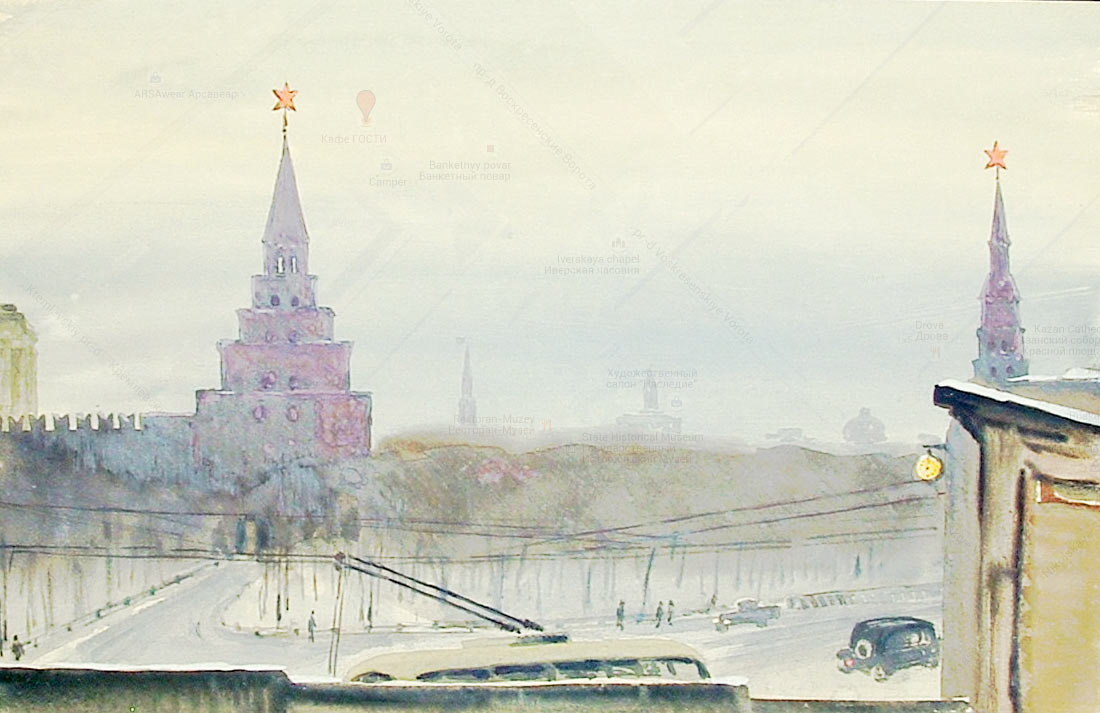
Share
An Elegant Imprisonment: Amor Towles' Masterpiece, A Gentleman in Moscow
A Witty, Profound, and Captivating Exploration of History, Humanity, and the Art of Thriving in Confinement
In "A Gentleman in Moscow," Amor Towles doesn't just open a window into post-revolutionary Russia; he elegantly kicks the doors of history, charming readers into stepping through and making themselves comfortable. With his unique narrative style, sharp wit, sophisticated prose, and finely tuned observational skills, Towles once again becomes a literary maestro, weaving a tale as richly textured as the opulent Metropol Hotel itself.
At the heart of this novel is Count Alexander Rostov, an aristocrat of impeccable charm and refined manners, whose life takes a surreal turn when the Bolshevik regime sentences him to house arrest—not in some dreary cell, but within the sumptuous confines of Moscow's grand Metropol Hotel. Initially, this punishment feels more like a playful twist of fate than a dire penalty, conjuring images of endless room service, plush lounges, and whispered conversations over cocktails. Yet, beneath this gilded veneer lies a profound meditation on freedom, purpose, and the resilience of the human spirit.
Towles skillfully transports us to an era of contradictions, a society between revolutionary ideals and lingering aristocratic traditions. Through Rostov's perceptive, quietly humorous eyes, we witness the seismic shifts in Russian culture, observing everything from political upheavals to nuanced shifts in etiquette and dining preferences. Though physically confined, the Count offers an expansive vantage point on these transformations, turning the Metropol Hotel into a microcosm where history walks through the revolving doors and is debated in hushed tones across dinner tables. This immersive journey into a bygone era will leave readers feeling like they've lived through it themselves.
Remarkably, despite the limits placed upon him, Rostov finds within his gilded cage a place of confinement and a world brimming with opportunity. His imprisonment ironically expands his world, compelling him to engage deeply with the individuals who populate his daily life. This transformation of his life under house arrest, rather than its diminishment, is a central theme that Towles excels in illustrating. His interactions—whether gently guiding the inquisitive young Sofia or navigating the mercurial temperaments of the hotel's eclectic guests and steadfast staff—highlight the profound impact of seemingly modest human connections.
Indeed, it's these nuanced interactions that form the emotional heartbeat of the novel. Towles masterfully depicts relationships that flourish in the most improbable circumstances, proving that meaningful connections require neither freedom nor wide-open spaces. Rostov becomes both mentor and friend, a beacon of quiet dignity whose life profoundly shapes and is shaped by those around him. His bond with Sofia, a young girl who grows up under his gentle tutelage, underscores the novel's belief in human potential and the profound importance of nurturing relationships.
Towles' narrative prowess extends beyond character studies and historical commentary. His prose is exquisitely composed, effortlessly shifting between playful banter, thoughtful introspection, and moments of poignant clarity. He conjures vivid scenes with each perfectly chosen word: the meticulous choreography of a fine dining experience, the subtle politics of hotel etiquette, or the hushed tension of whispered secrets. His writing invites readers to linger, savouring the elegance of language just as Rostov savours a glass of fine wine.
One of the novel's greatest strengths is its subtle yet powerful exploration of the interplay between personal aspirations and societal responsibilities. Rostov's aristocratic upbringing is constantly juxtaposed with the revolutionary ideals sweeping through Russia. He embodies the tension between the old and the new, gracefully adapting while retaining his intrinsic values and dignity. This exploration deepens the reader's understanding of the characters and their world. In Rostov, Towles offers readers a figure of quiet rebellion, demonstrating that true nobility lies not in titles but in resilience, adaptability, and unwavering human decency.
Yet beneath the wit and elegance lies an emotional resonance that elevates "A Gentleman in Moscow" from mere historical fiction to profound literary art. Towles crafts a deeply humane story, celebrating the resilience and adaptability of the human spirit. Rostov's life, confined yet incredibly full, becomes a testament to the capacity of individuals to find meaning, joy, and fulfilment in even the most restricted circumstances. This celebration of the human spirit will leave readers feeling inspired and uplifted.
In essence, "A Gentleman in Moscow" is not merely a novel but a love letter to the human experience itself. It is a poignant reminder that life's richness is measured not by the breadth of our horizons but by the depth of our connections, the strength of our resilience, and our ability to appreciate life's unexpected twists with grace and humour. Towles invites readers to discover that within the narrow confines of a single hotel, an entire universe thrives, bustling with laughter, tragedy, romance, and quiet acts of heroism. It's a narrative symphony that will linger long after the final page, leaving an indelible mark on the heart and mind.
